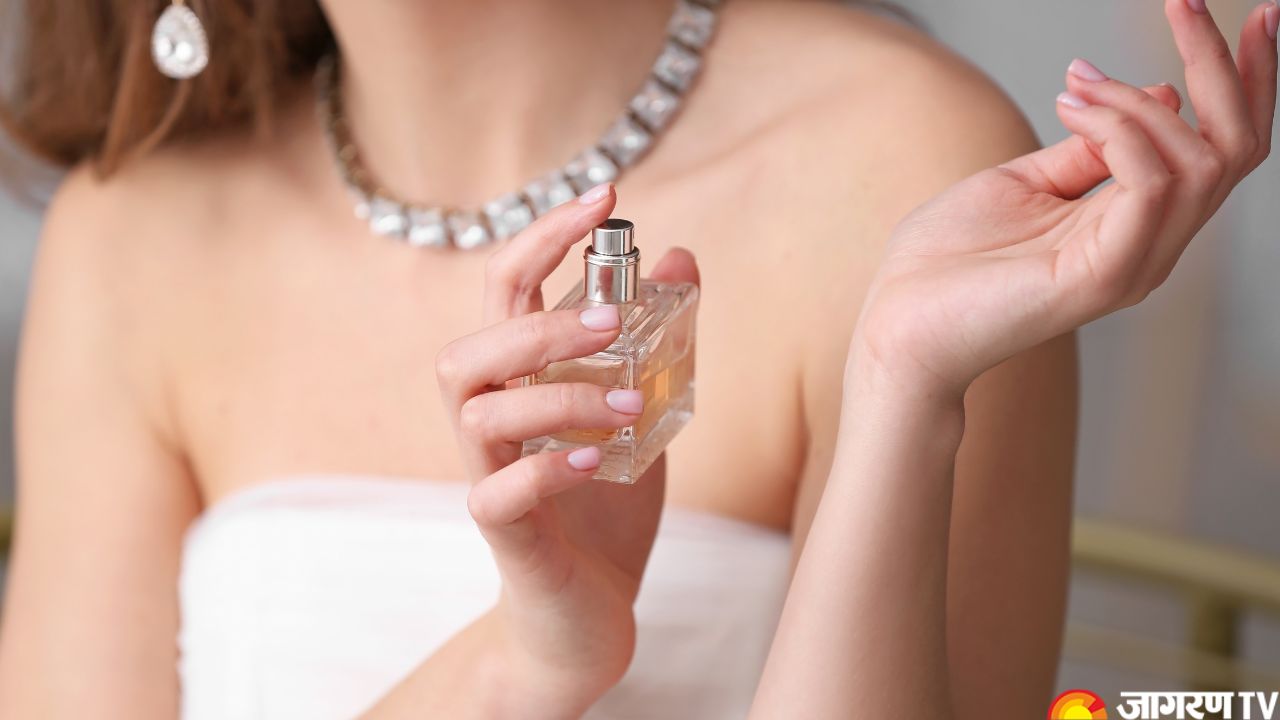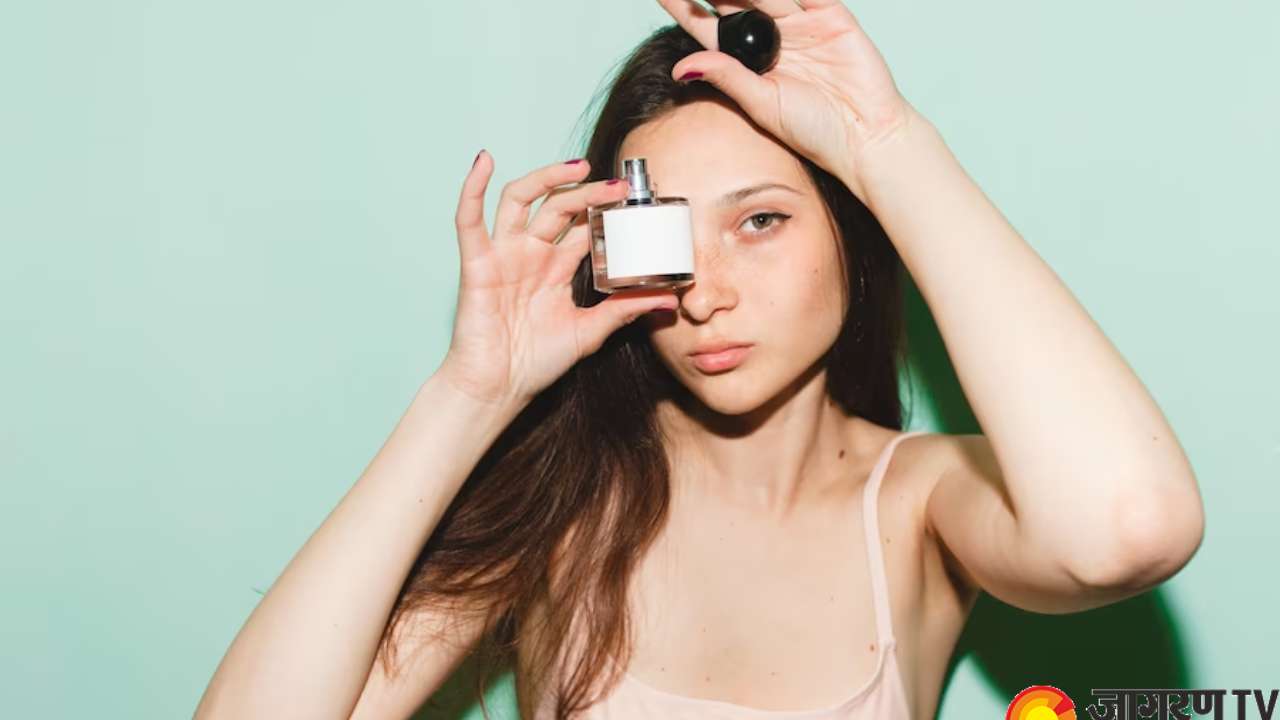Perfume Day 2025: Common Myths and Misconceptions About Perfumes, Debunking False Beliefs

Perfume Day 2025: Perfume is more than just a fragrance; it expresses personality, emotion, and culture. Despite its extensive use, several myths and misconceptions exist regarding how perfume should be applied, kept, and selected. Let’s debunk some common myths surrounding fragrances that you should know about.
Perfume Myths
Rubbing Your Wrists Together Enhances the Scent
Many people believe that rubbing perfume on their wrists enhances the aroma. However, this degrades the smell molecules and alters their composition, causing the top notes to fade faster. Instead, apply perfume on pulse points and allow it to dry naturally for a longer-lasting fragrance. Perfume is both an art and a science and knowing the truth about common myths may help you get the most out of your favorite scents.
Perfume Smells the Same on Everyone
Each individual’s body chemistry reacts differently to a fragrance due to differences in skin type, pH levels, and even food. A scent that smells great on one person may have a very different fragrance on another. Always test the perfume on your skin before purchasing.
Stronger Scents Last Longer
A perfume’s duration is determined by its concentration, not its intensity. Eau de parfum (EDP) typically lasts longer than eau de toilette (EDT) due to its higher concentration of aroma oils. However, factors such as skin type and weather can also affect a scent's staying power.
Perfumes Do Not Expire
All perfumes expire, but the more carefully they are preserved, the longer they will last. It is usually a good idea to keep your perfume in a shaded, dry spot to keep the aroma fresh until the end of the bottle.
Natural Perfumes Are Better Than Synthetic Ones
Natural perfumes can be attractive, but they are not necessarily superior to manufactured ones. Synthetic chemicals help to stabilize smells and extend their lifetime. Many high-end fragrances combine natural and synthetic components to produce complex, long-lasting aromas.
Fragrance Should Be Stored in the Bathroom
Many people store their perfume in the bathroom, however, humidity and temperature changes can damage the aroma. Perfume is best stored in a cool, dark place, such as a drawer or closet.







